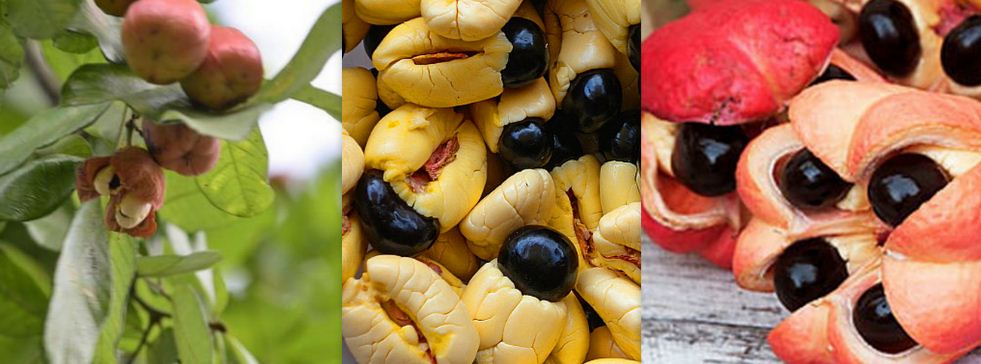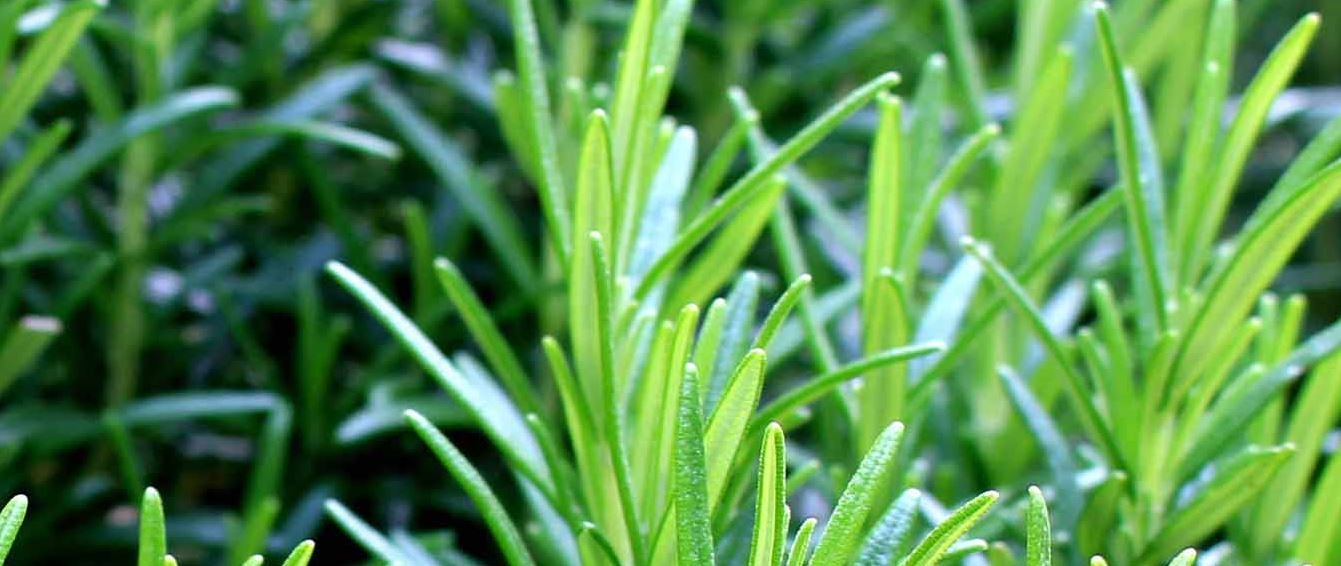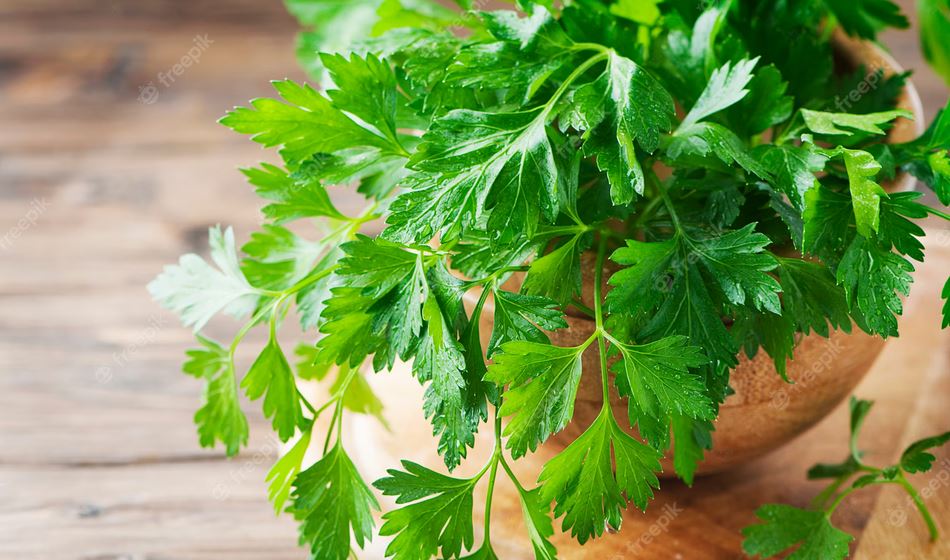About Ackee Fruit and Its Health Benefits

Ackee is a delicious fruit characterized by yellow or red skin and contains no saturated fat or cholesterol.
It has some nutritional contents such as protein, carbohydrate, vitamin, and other essential elements like potassium, magnesium, calcium, and sodium, which are beneficial to the human body; it is pretty helpful in culinary and has different nutritional benefits.
The 11 Fantastic Health Benefits of Ackee fruits that makes them suitable for consumption are;
1. Produces Energy
Ackee fruit contains Vitamin B3, also known as the main vitamin, which is an essential nutrient in the body that aids in the effective conversion of food into glucose and, on the other hand, produces energy and macromolecules to the body.
The vitamin also helps reduce cholesterol levels in the blood and improve the circulation of blood in the body.
2. Prevents Scurvy
The fruit is an excellent source of vitamin C, an antioxidant that prevents the body from certain deficiencies such as scurvy and boosts the immune system.
Vitamin C content in Ackee fruit has a significant role to play as it helps in preventing bleeding gums, bruises, and other related health conditions that affect the teeth.
3. Promotes Red Blood Cell Production
It is rich in iron which is the primary key to producing red blood cells and efficient oxygen delivery around the body. The iron content in the fruit also helps prevent anemia, which results when the iron is deficient in the body.
It also contains folic acid, which helps in red blood cell production; folic acid is essential in various anemia treatments.
Ackee fruits also contain vitamin C, which helps to absorption of the iron nutrients in the body. Therefore, they all work together to assist in improving the red blood cells in the body.
4. Protects the Heart
Ackee fruit is known to have zero cholesterol content and plays a vital role in cardiovascular protection by reducing blood cholesterol levels. It contains healthy fatty acids such as linoleic and stearic acid.
The component makes it suitable for the heart, as the unsaturated fats, as mentioned above, minimizes the risk of several heart conditions and diseases by regulating the levels of cholesterols in the body.
One of the main functions of this type of fat is to remove some of the saturated fats in the body, which are termed “unhealthy,” thereby minimizing the chances of heart-related problems, strokes, and even atherosclerosis.
5. Helps in Digestion
The moderate fiber content in the fruit helps control bowel movement and aid in proper digestion, thereby lowering the risk of constipation.
The rich fiber content fruit helps produce bulk stool and prevents any form of digestive problems such as bloating, cramps, and other health conditions that might lead to the inflammation of the colon.
6. Good for Weight loss
It serves as a source of vegetarian protein and can be used for weight loss programs due to its pretentious benefits. Though its protein content is small compared with other protein-giving food, it is high enough for fruits since most fruits contain low or no protein at all.
Therefore, it helps in building body muscles, tissues, and cells, etc. Its fiber content also makes it suitable for weight loss as it serves as a roughage that does not get digested in the body but helps regulate digestion.
The fiber content helps reduce craving as it makes one fuller, thereby helping in weight loss.
7. Regulates Blood Sugar Level
Ackee is suitable for people with type 2 diabetes and is generally used to regulate sugar levels in the body.
Ackee fruits are made of healthy complex carbs made up of more nutrients than simple carbs, though they are both converted into glucose in the body which provides the body with energy.
Due to its complex carb nature, it contains more fiber, and in terms of digestion, it doesn’t easily get digested.
It makes Ackee a fruit for those patients with simple sugars as it helps reduce sugar in the blood, which could have caused a spike in blood. It is also recommended as a great source of healthy complex carbohydrates, which help in blood glucose and insulin regulation.
8. Lowers Blood Pressure
Ackee contains the mineral potassium in a high quantity, which helps reduce blood pressure. It is a good fruit recommended for those who are hypertensive, and it will help curb down blood pressure.
In the body, the potassium content in the fruit helps prevent vasoconstriction, which is to say that it functions as vasodilation as it helps to relax the muscles to widen the vessels of the blood.
This function helps to prevent the contraction of the body muscles and arteries, which could lead to high pressure on the blood, resulting in hypertension, atherosclerosis, and other cardiovascular conditions like heart attack and stroke.
9. For Healthy Bones
Ackee fruits contain vital minerals that are good for the bone, such as calcium, known to help build the bones structures, potassium which works together with calcium to provide the bones with strength.
Zinc is another mineral present in ackee fruit as it helps for better absorption of calcium by the bones. Iron also helps in building the bones as it makes them strong.
These minerals all work together for a healthy bone structure and help in bone repair and prevent loss of vital minerals by the bone. It can also help prevent osteoporosis, a health condition that affects the bones in both strength and structure.
10. Prevents Muscle Cramps
The body needs potassium and sodium in the body, especially in balancing the body’s electrolyte, which is essential in the functioning of the body cells and organs.
Ackee fruits contain these two minerals; while sodium is noted for making the muscles contract, potassium does the opposite in relaxing the muscles.
Therefore, to avoid muscle cramps that result from the imbalance of electrolytes in the body and dehydration, these two minerals are essential and can be gotten from the fruits whilst we take plenty of water to keep us hydrated and prevent muscle cramps.
11. Good for Pregnant Women
Folic acid is one of the essential supplements recommended for TTC moms and pregnant women as it helps provide them with natural folic acid, which is needed for the effective growth and development of the fetus.
It also plays another vital role as it prevents DNA changes in the body, resulting in cancer or other harmful effects.
Nutritional Values of Ackee Fruits per 100g of Ackee Pulp
|
Components |
Amount |
|
Energy |
151 Cal |
|
Fat |
15.2 g |
|
Carbohydrates |
0.8 g |
|
Protein |
(2.9 – 8.9) g |
|
Total dietary fiber |
2.7 g |
|
Sodium |
240 mg |
|
Calcium |
35 – 83 mg |
|
Zinc |
1 mg |
|
Potassium |
270 mg |
|
Phosphorus |
98 mg |
|
Iron |
5 mg |
|
Niacin (Vit B3) |
1.1 – 3.9 mg |
|
Thiamin (Vit B1) |
0.03 mg |
|
Riboflavin (Vit B2) |
0.07 mg |
|
Folic Acid |
40 ug |
|
Ascorbic Acid |
30 mg |
Where Are Ackee Fruits Grown?
The ackee is native to West Africa and Guyana and is grown most especially in the western part of Nigeria, called Ishin in Yoruba. However, it became internationally recognized when exported to Jamaica in the 18th century, where it was later grown and primarily cultivated.
Its cultivation extends to the Caribbean, where it is used in various culinary dishes. Most of the fresh fruits can be gotten in the areas where it is being cultivated, in other places, it is canned chiefly and sold as canned fruits or foods.
Ackee has a yellow or red color with a black nut which is not edible. The fruit must be ripe before it can be eaten or cooked to avoid the toxins present in unripe ones.
How to Eat Ackee Fruits
Ackee fruit is suitable as a daily food rather than a fruit. Before it is considered ideal for eating, the fruit must be riped and the pulp slipt open. The yellow or red arilli is the edible part, while the nuts are toxic as well.
You can chew it raw or cooked as part of many wide dishes. Most people can eat it with saltfish and breadfruits. It is a significant recipe for Jamaican ackee cuisines.
In most countries, the government banned the importation of fresh Ackee fruit due to its poisonous nature, as unripened ones can cause death due to the toxins it contains when unripe, so in most places, you may not get fresh ackee.
Instead, you might find canned ackee fruit, which is also essential that you boil before consumption to remove the chemicals used in the preservation.
Is Ackee Safe to Eat
Ackee fruit is entirely safe to eat, provided it is eaten when ripe, and the pulp must have split open. Only Unripe ones and the nuts of the fruit are Unsafe for consumption.
Medicinal uses of Ackee (Ishin)
Ackee serves so many medicinal purposes and is used locally to treat many health conditions such as yaws, Oedema (accumulation of fluid under the skin), ulcers, snake and insect bites, scorpion stings.
In this kind of traditional treatment, the Ackee fruits don’t only serve this purpose, its bark and leaves are effective for treating many health conditions.
In most of the treatment, the leaves and bark of the Ackee tree are pounded into fine particles and applied to the affected areas. The liquid extract can also be drained and used for various medicinal purposes like treating ulcers and eliminating intestinal parasites.
Side Effect
Ackee fruit contains lots of organic components and other nutrients beneficial to health and has fewer side effects. It is not advisable to eat unripe Ackee since it can be poisonous to health.
Summary
Ackee fruit is one of the rare fruits that may not be common and, in most cases, may not be seen fresh, but it has a lot of health and medicinal benefits.




